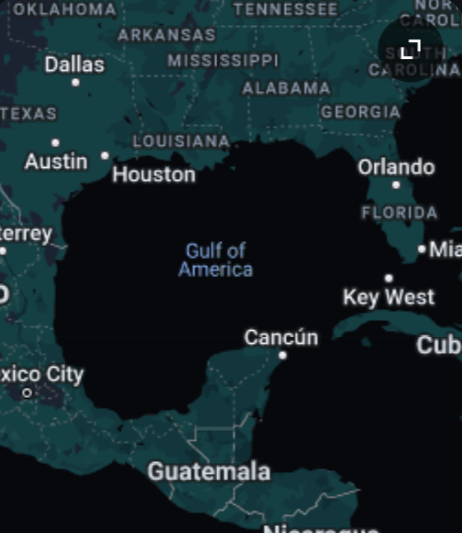When you’re boarding an airplane, you probably tell yourself you’re safe because there are plenty of people in charge who are trained in their jobs and know what they are doing. What if that’s not the case?
Air traffic controllers are understaffed, sleep deprived, and overworked.
You should be worried.
According to the National Air Traffic Controller Association, there are approximately 14,000 Air Traffic controllers in the United States. This might sound like enough, but there are approximately 100,000 flights moving all around the world at any given time, 5,193 public airports in the United States, and only one to two controllers at each airport.
Air traffic controllers are, in fact, highly trained and equipped to do their jobs, but they work an average of ten-hour shifts, directing more than 70,000 flights daily, holding a varying number of passengers from 200 to 850. Based on targets set by the FAA and the union representing controllers, 99% of the nation’s air traffic control sites are understaffed.
It is unacceptable to have such a few and deprived number of workers controlling all air traffic. This puts so many lives at risk.
The ATC occupation results in some of the most serious mental health issues. The National Library of Medicine says, “job effects lead to conditions such as cardiovascular diseases, mood disorders, anxiety and obesity.” ATCs are exposed to long work shifts because of being understaffed and they have a low quality of life due to intense work stress.
These working conditions are not okay for any profession, especially ones that directly impact the safety and security of others. National Public Radio says, “safety experts and union leaders told a senate commerce that a shortage of air traffic controllers is leading to fatigue and distraction, contributing to a growing list of close calls at major airports this year.”
This shortage is incredibly dangerous for pilots and passengers. “One air traffic controller went into work drunk this summer and joked about ‘making big money buzzing.’ Another routinely smoked marijuana during breaks. A third employee threatened violence and then “aggressively pushed” a colleague who was directing airplanes,” according to online sources.
The incidents were extreme examples, but they fit into a pattern that reveals glaring vulnerabilities in one of the most important protective layers of the nation’s vaunted aviation safety system,” says the New York Times. These are examples of how controllers being pushed to the brink is highly dangerous for their mental state and affects so many people.
According to the National Public Radio, “Rich Santa, the president of the National Air Traffic Controllers Association, said that many air traffic facilities are short-staffed. Mandatory overtime, including [six]-day workweeks and 10-hour shifts, are routine.” He also said that such a pattern is, “unsustainable.” He believes that addressing fatigue and the amount of work and effort is important. “It’s hiring the right amount of controllers’ so that our facilities are not understaffed.”
















